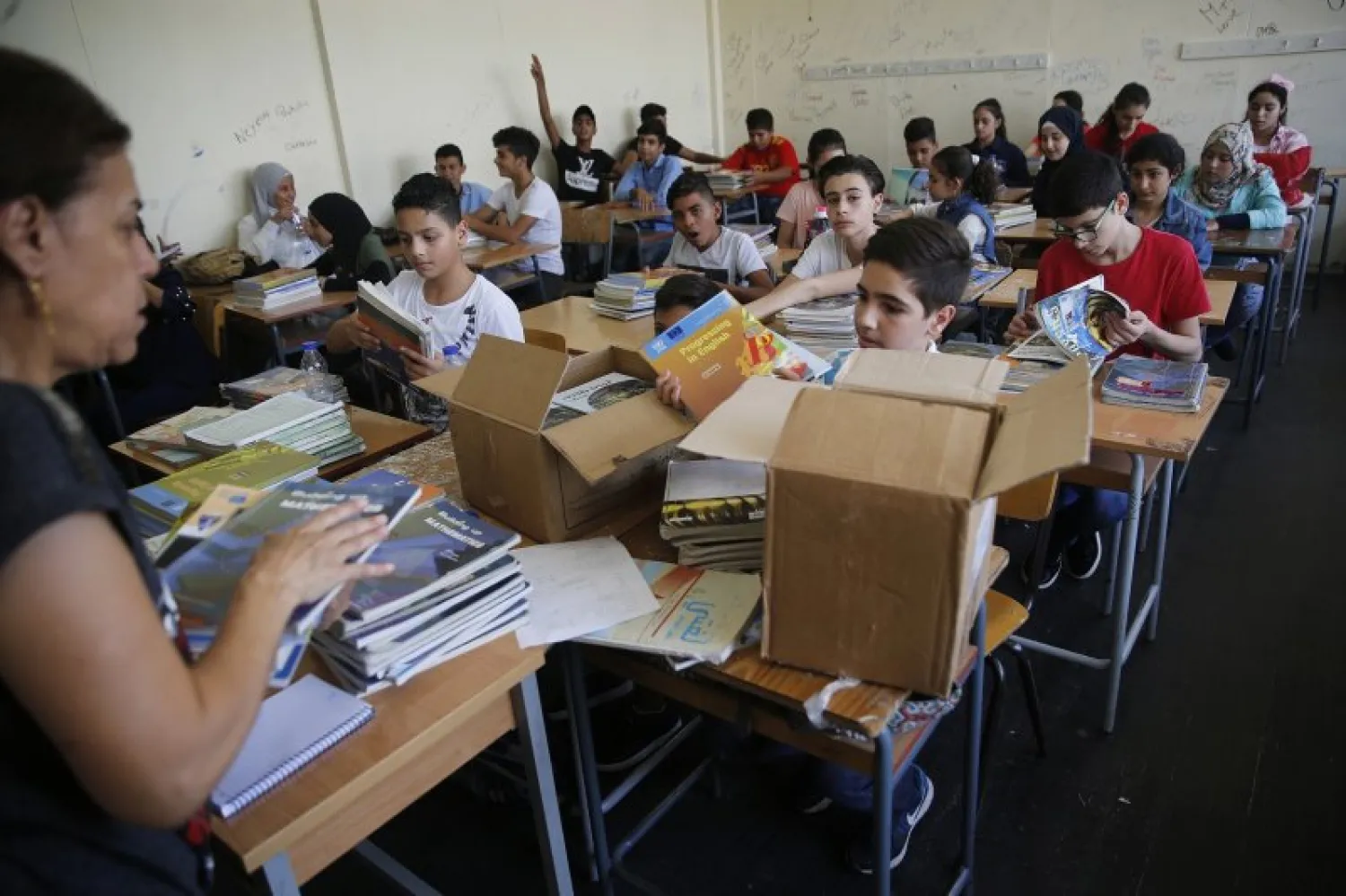Ali Khamenei has crushed unrest and survived foreign pressure before but, with his envoys racing to avert threatened American airstrikes through ongoing talks, Iran's Supreme Leader faces the gravest crisis of his 36-year rule.
An embittered population toils under a sanctions-hit economy. Huge protests in January were crushed at a cost of thousands of lives. Israeli and US. strikes last year smashed prized nuclear and missile facilities. Iran's regional policy lies in tatters, with old allies and proxies weakened or gone.
With the risk of war hanging over the Middle East, the 86-year-old's fierce devotion to the Islamic Republic, his implacable hostility to the West and his record of guile in spinning out negotiations will shape the fate of the region.
PRESERVING IRAN'S ISLAMIC REPUBLIC AT ALL COSTS
Already this year, he has ordered the deadliest crackdown since the 1979 revolution, saying protesters "should be put in their place" before security forces opened fire on demonstrators chanting "Death to the dictator!".
US President Donald Trump's threats to bomb Iran again come only months after Khamenei was forced into hiding last June by strikes that killed several close associates and Revolutionary Guard commanders.
That assault was among the many indirect results of the attack on Israel by the Iran-backed Palestinian group Hamas on October 7, 2023, which not only triggered the war in Gaza but also spurred Israel to hammer Tehran's other regional proxies.
With Hezbollah weakened in Lebanon and Syria's Bashar al-Assad toppled, Khamenei's reach across the Middle East has been stunted. Now he faces US demands to abandon Iran's best remaining strategic lever, its arsenal of ballistic missiles.
Iran has even offered apparent concessions on its nuclear program, which it says is purely civilian but is seen by the West and Israel as a path to an atomic bomb.
But Khamenei refuses to even discuss giving up missiles, which Iran sees as its only remaining deterrent to Israeli attack, a display of intransigence that may itself invite US airstrikes.
As the US military buildup intensifies, Khamenei's calculations will draw on a character molded by revolution, years of turmoil and war with Iraq, decades of sparring with the United States, and a ruthless accumulation of power.
Khamenei has ruled since 1989 and holds ultimate authority over all branches of government, the military and the judiciary.
While elected officials manage day-to-day affairs, no major policy - especially one concerning the United States - proceeds without his explicit approval; Khamenei's mastery of Iran's complex system of clerical rule combined with limited democracy ensures that no other group can challenge his decisions.
AS LEADER, KHAMENEI WAS ONCE FAR FROM SUPREME
Early in his rule, Khamenei was often dismissed as weak and an unlikely successor to the Islamic Republic's late founder, the charismatic Khomeini.
When he was appointed Supreme Leader, Khamenei had difficulty wielding power through religious authority, as the theocratic system foresaw. After struggling for a long time to emerge from the shadow of his mentor, it was by forging a formidable security apparatus devoted solely to him that he finally imposed himself.
Khamenei distrusts the West, particularly the US, which he accuses of seeking to topple him.
In a typically pugnacious speech after January's protests, he blamed Trump for the unrest, saying: "We consider the US president criminal for the casualties, damages and slander he inflicted on the Iranian nation." Yet despite his ideological rigidity, he has shown a willingness to bend when the survival of the republic is at stake.
The concept of "heroic flexibility", first mentioned by Khamenei in 2013, permits tactical compromises to advance his goals, mirroring Khomeini's choice in 1988 to embrace a ceasefire after eight years of war with Iraq.
Khamenei’s guarded endorsement of Iran's 2015 nuclear deal with six world powers was another such moment, as he calculated that sanctions relief was necessary to stabilize the economy and buttress his grip on power.
Trump quit the 2015 pact during his first term in 2018 and reimposed crippling sanctions on Iran. Tehran reacted by gradually violating all agreed curbs on its nuclear program.
LOYAL SECURITY STRUCTURE KEY TO KHAMENEI'S POWER
At times of increasing pressure, Khamenei has repeatedly turned to the Iranian Revolutionary Guard Corps (IRGC) and the Basij, a paramilitary force numbering hundreds of thousands of volunteers, to snuff out dissent.
It was they who crushed the protests that exploded after Mahmoud Ahmadinejad's re-election as president in 2009 amid allegations of vote fraud.
In 2022, Khamenei was just as ruthless in arresting, imprisoning or executing protesters enraged by the death in custody of the young Iranian-Kurdish woman Mahsa Amini.
And it was again the Guards and Basij who crushed the latest round of protests in January.
His power also owes much to the parastatal financial empire known as Setad, which is under Khamenei's direct control. Worth tens of billions of dollars, it has grown hugely during his rule, investing billions in the Revolutionary Guards.
Scholars outside Iran paint a picture of a secretive ideologue fearful of betrayal - an anxiety fueled by an assassination attempt in June 1981 with a bomb hidden in a tape recorder that paralyzed his right arm.
Khamenei himself suffered severe torture, according to his official biography, in 1963, when at 24 he served the first of many terms in prison for political activities under the rule of the shah.
After the revolution, as deputy defense minister, Khamenei became close to the Guards during the 1980-88 war with Iraq, which claimed a million lives from both sides.
He won the presidency with Khomeini's support but was a surprise choice as successor when the supreme leader died, lacking both his popular appeal and his superior clerical credentials.
Karim Sadjadpour at the Carnegie Endowment for International Peace said that "accident of history" had transformed a "weak president to an initially weak supreme leader to one of the five most powerful Iranians of the last 100 years".









